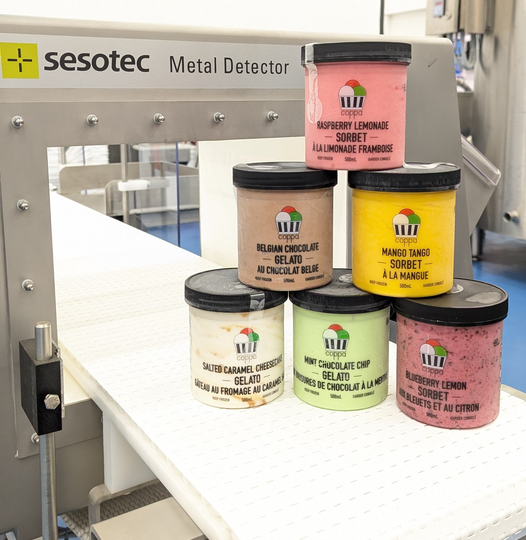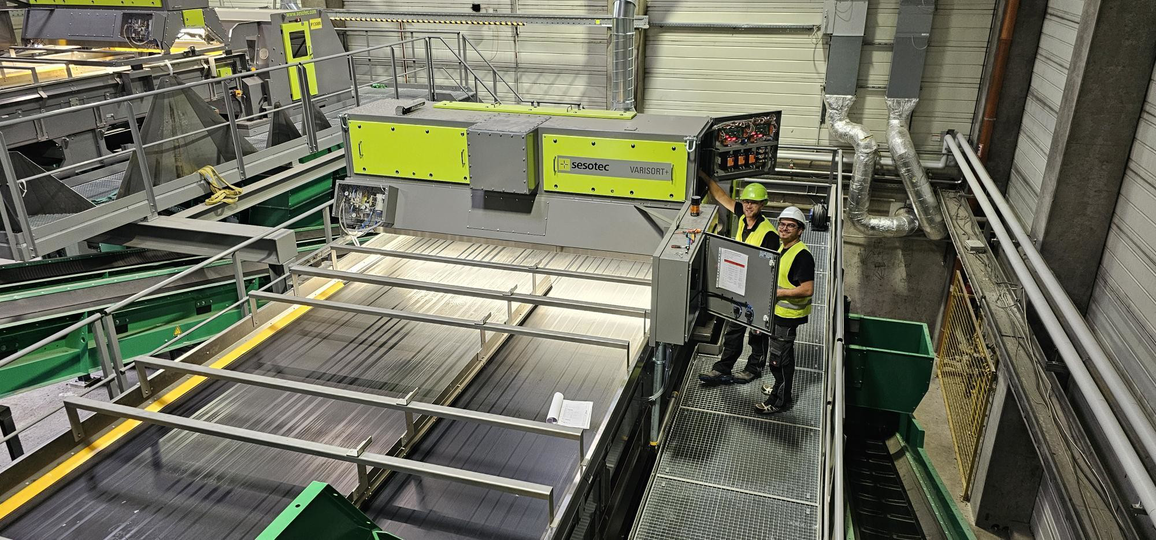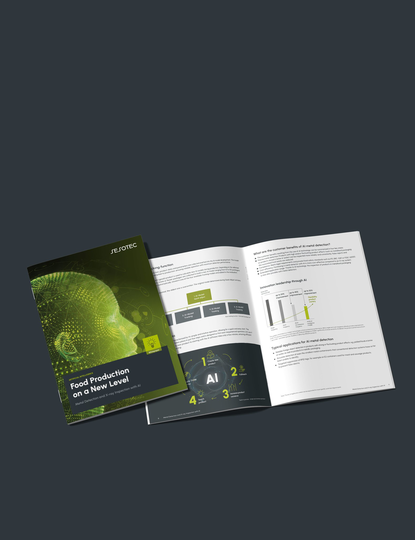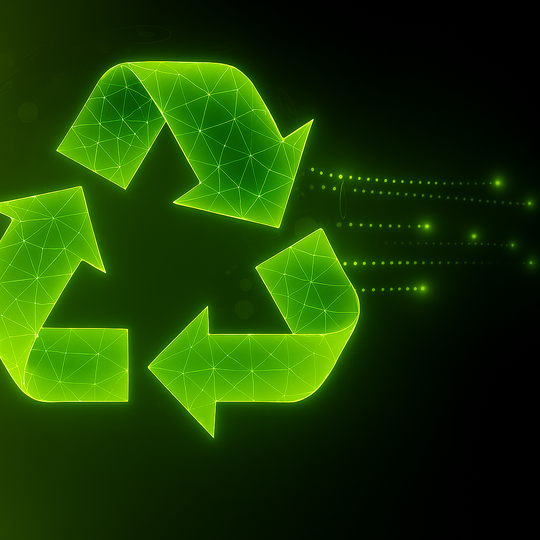FOREIGN BODY DETECTION FOR HYGIENE PRODUCTS
Clean Solution: Hygiene Products Without Foreign Bodies
Baby diapers, tampons, tissues, and similar hygiene products come into direct contact with the body. Foreign bodies, especially metals, can cause injuries—leading to recalls, compensation claims, and damage to brand reputation. We offer the right detection systems to minimize these risks.
Filter Out What Doesn't Belong

Iron
May originate from machine wear and impact product quality, for example, through the wear and breakage of processing machines and knives.
Stainless Steel
Common in production residues, harder to detect, yet crucial for purity.
Copper
Can enter production through various process steps. For example, from broken wires in cellulose bales.
Aluminum
Common potential contamination from packaging materials or machine parts.
Iron
May originate from machine wear and impact product quality, for example, through the wear and breakage of processing machines and knives.
Stainless Steel
Common in production residues, harder to detect, yet crucial for purity.
Copper
Can enter production through various process steps. For example, from broken wires in cellulose bales.
Aluminum
Common potential contamination from packaging materials or machine parts.
Are you facing issues with these or other foreign bodies?
- Metal Detection and Separation
- Magnetic Systems
Metal Detection and Separation
With inductive technology, Sesotec metal detection systems identify all metallic foreign bodies in the chemical industry.

Magnetic Systems
Sesotec magnetic systems deliver exceptional magnetic performance and efficient design to eliminate even the finest ferrous metal contaminants.

Where Are Sesotec Solutions Used in Hygiene Product Manufacturing?
Common applications include the removal of metallic contaminants right from the raw material inspection in fibers, pulps, or granulates.
Our solutions also prevent disruptions during processing and ensure the quality of diapers, wet wipes, and medical disposables at the end of production.
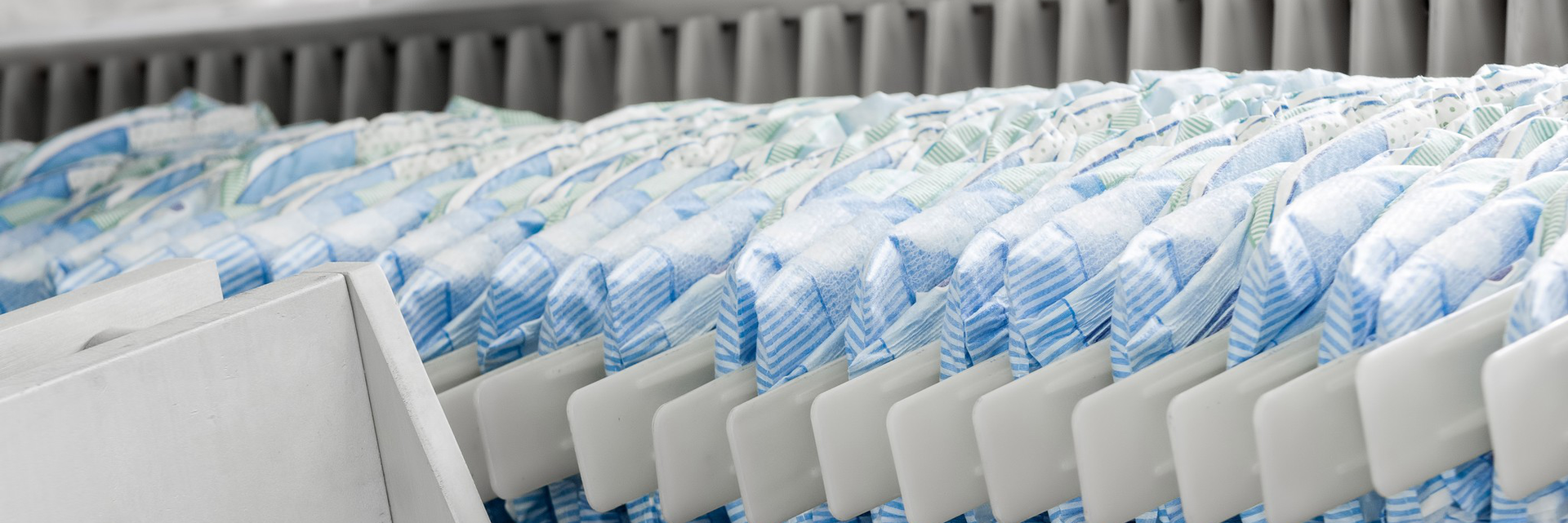
Diapers
Testing pulp and superabsorbents for metallic impurities.
Tampons & Liners
Ensuring the Purity of Cotton and Nonwoven Materials
Tissues
Inspection of paper webs for foreign bodies from production.
Wet Wipes & Toilet Paper
Detecting Metal Particles in Sensitive Fiber Materials
Face Masks and Respirators
Inspection of nonwovens and nose wires for contaminants.
Across the Entire Production Line
Maximum security for your entire production: Our metal detection and magnet systems identify and remove foreign bodies throughout the production line. This ensures stable processes, compliant products, and high productivity—from material input to the finished product.

Discover the Perfect Sesotec Solution Here
Are You Interested?
ADD-ONS & SERVICES
Smart Add-ons for Enhanced Performance
Insight.WEB, the visualization software for metal detectors, -separators and product inspection systems, brings transparency to your production processes, offering a clear overview for enhanced efficiency and increased profitability. Our smart machine monitoring reduces downtime and maximizes your OEE (Overall Equipment Effectiveness).
Centralized Control of
All Sesotec and Third-Party Devices
Clear Visualization & Control
of Your Processes
Maximize Profitability with
Data-Driven Process Optimization
We understand the challenges of manufacturing hygiene products
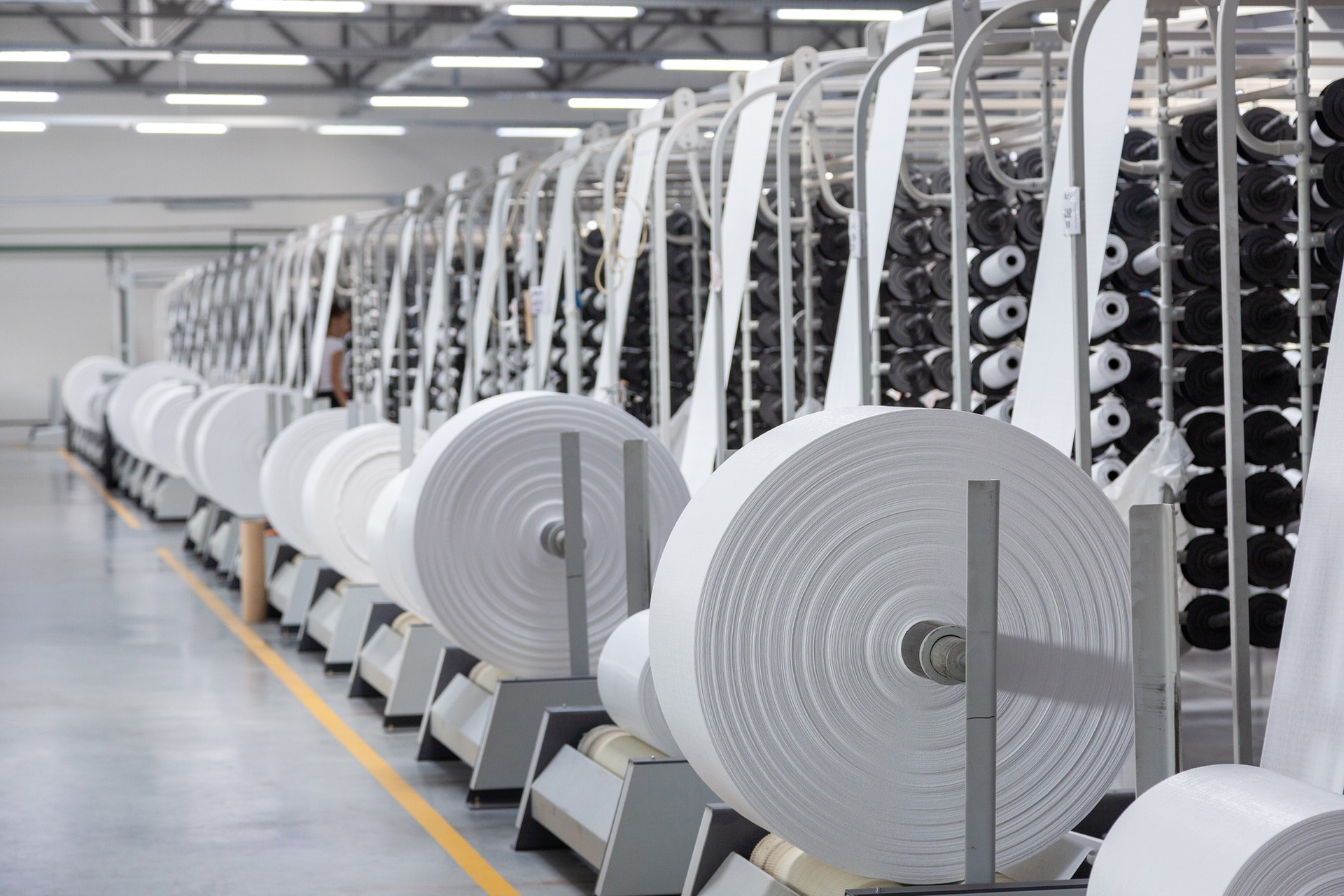
Overall Equipment Effectiveness
Foreign bodies in production can lead to unexpected delays, increased maintenance, and reduced output.

Customer Demands and Quality
Manufacturers of hygiene products are under pressure to deliver products of the highest purity and quality. A foreign body in the final product jeopardizes customer satisfaction and can lead to complaints or loss of orders.
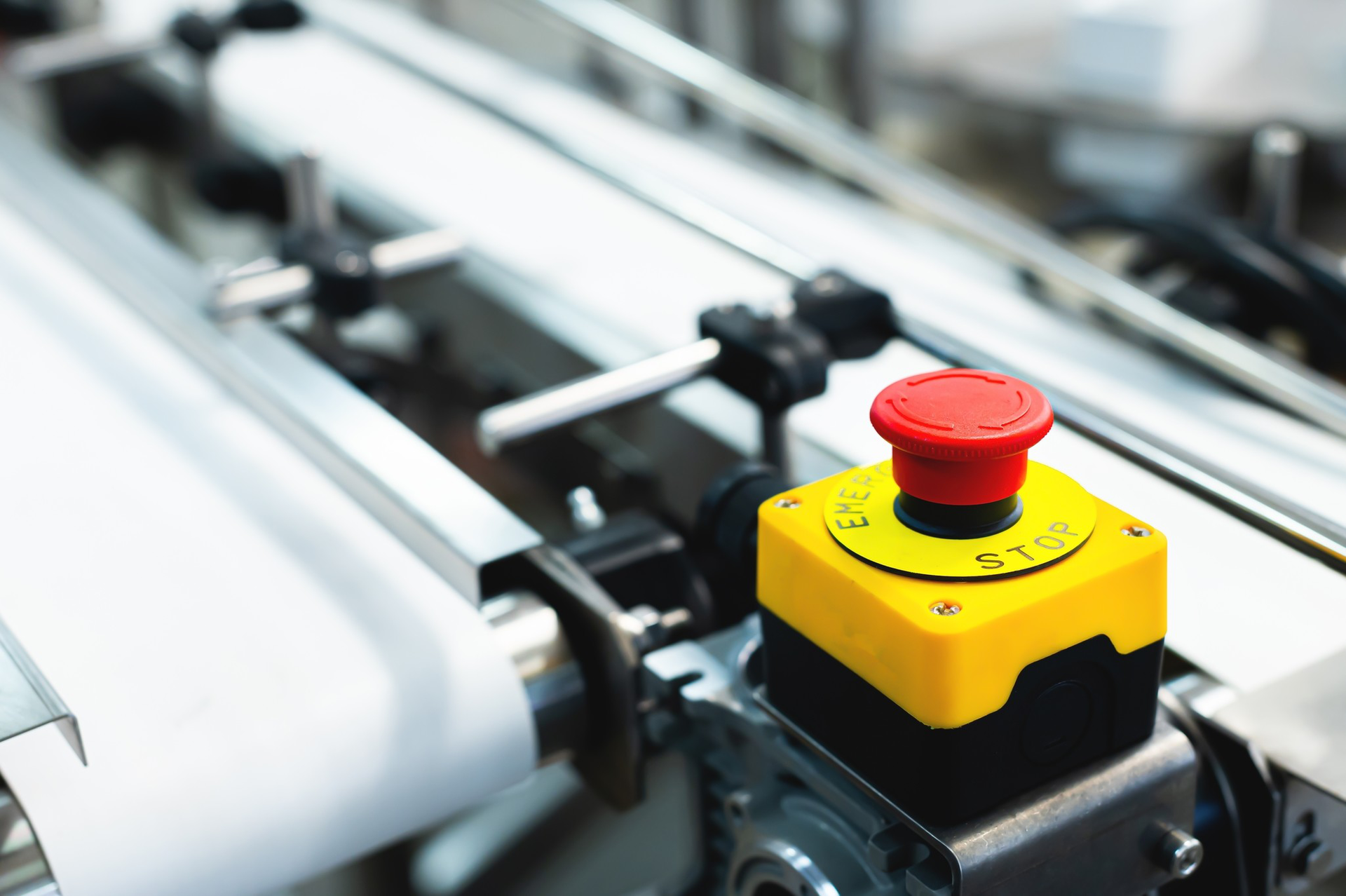
Prevent Production Downtime
Even small foreign bodies can halt production processes, leading to costly downtime and, in the worst case, the loss of entire batches.
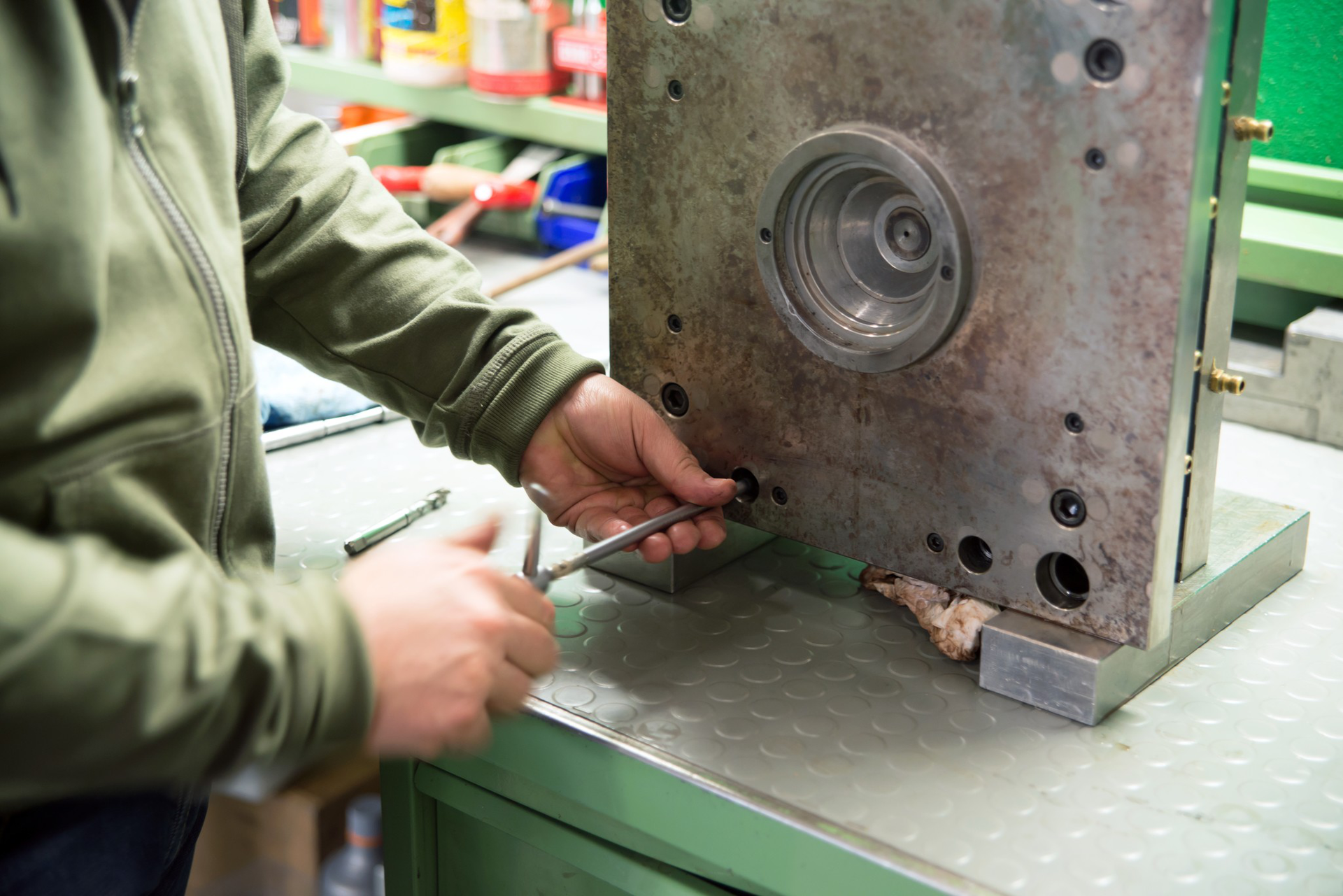
Protect Against Machine Damage
Foreign bodies like metal parts or debris can damage sensitive production machinery. The result: high repair costs and production delays.



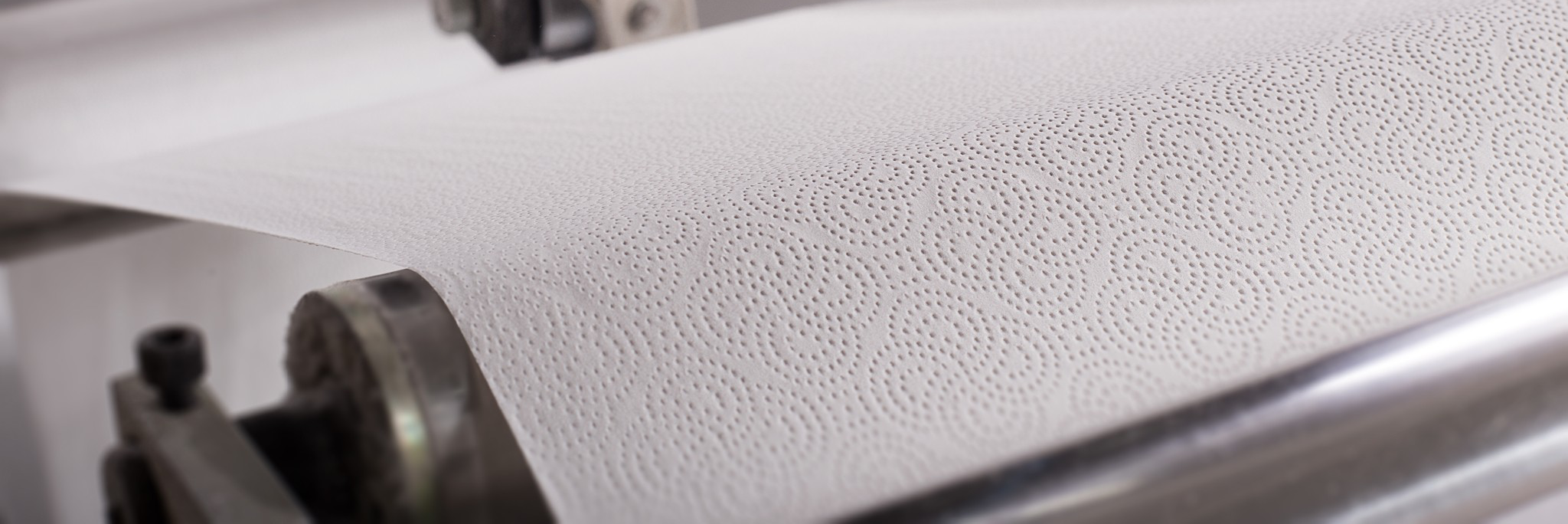
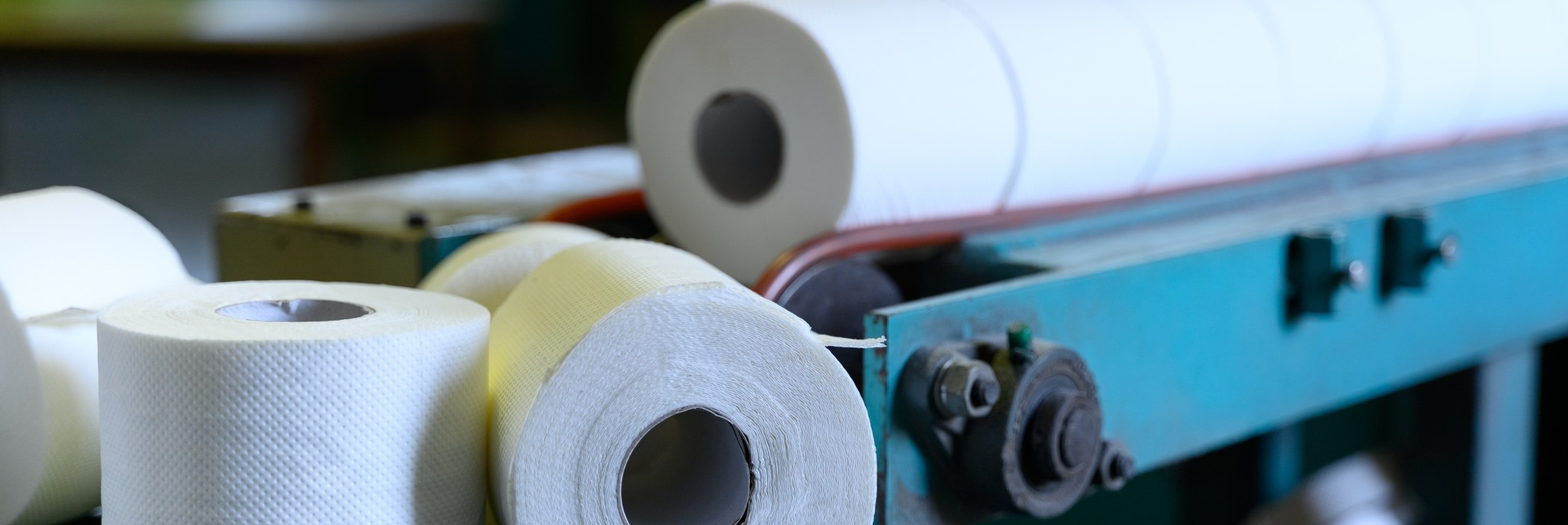
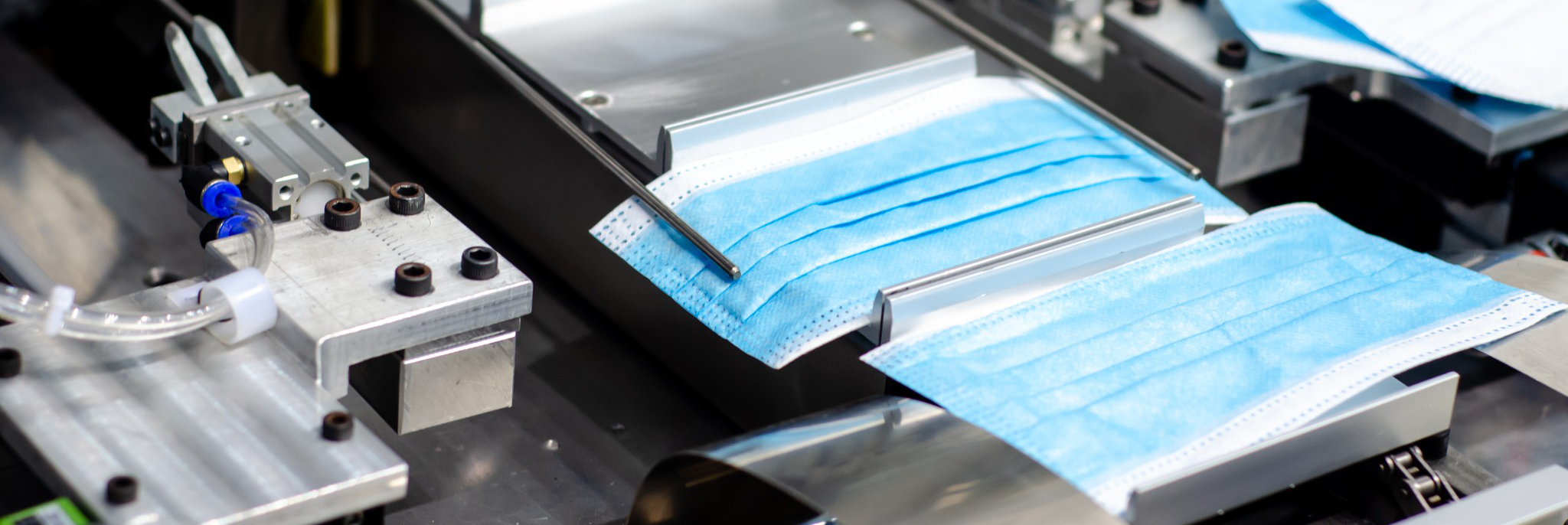
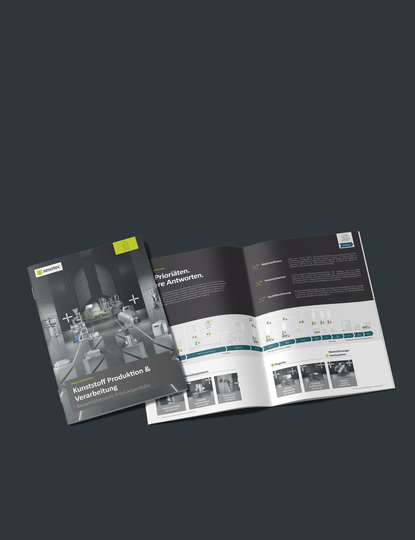
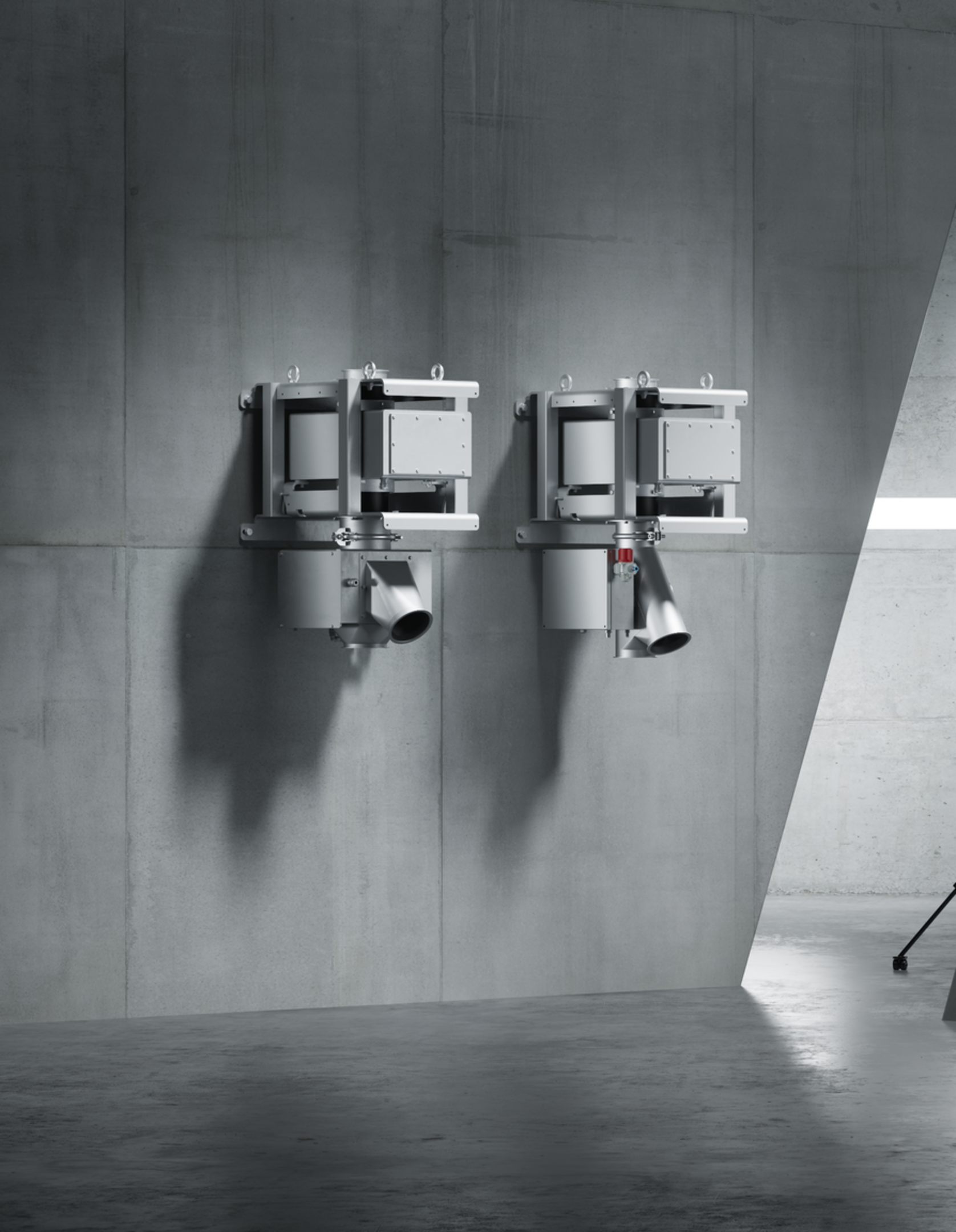
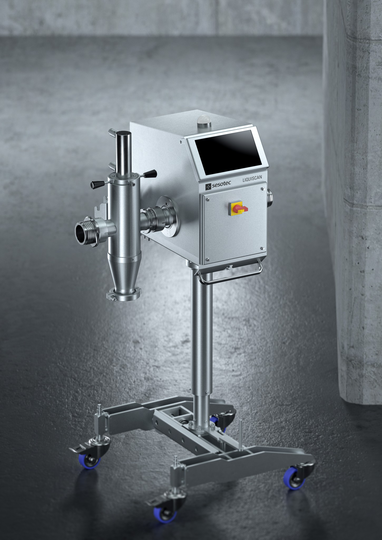
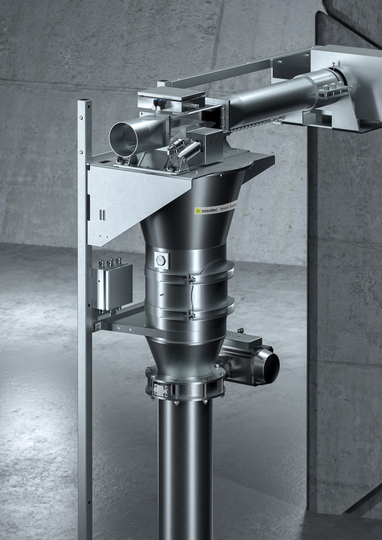
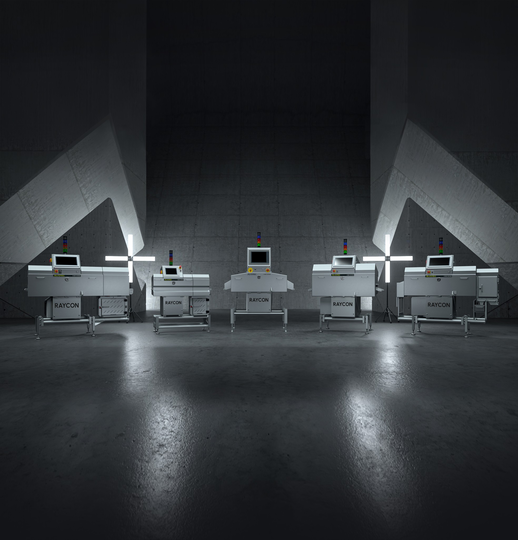
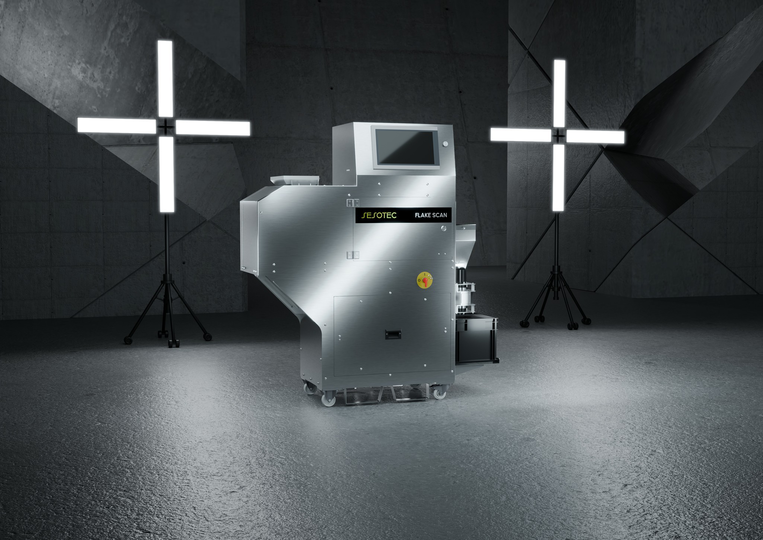
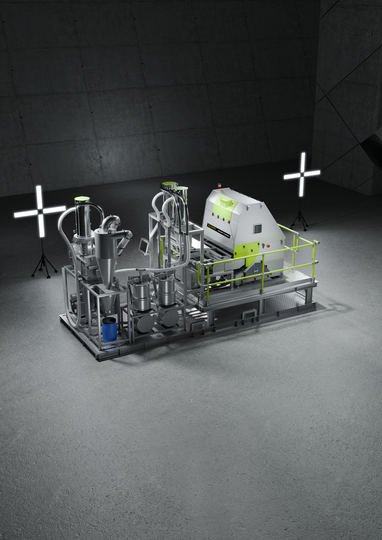
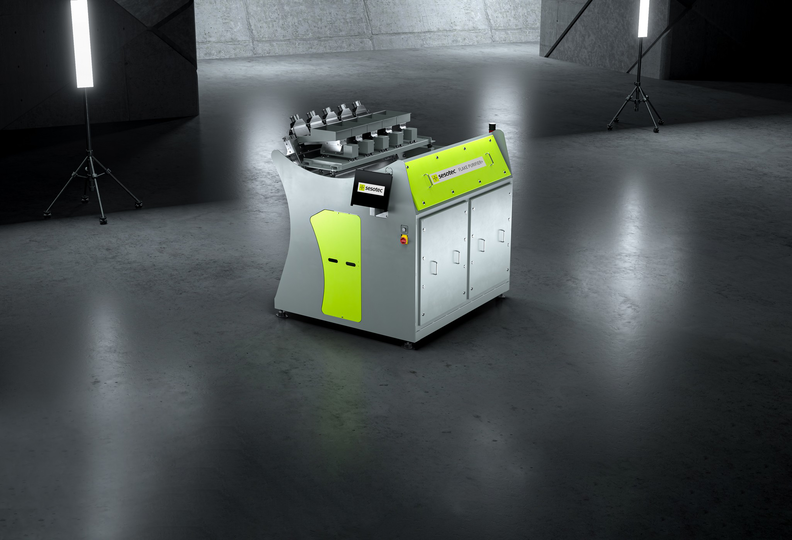
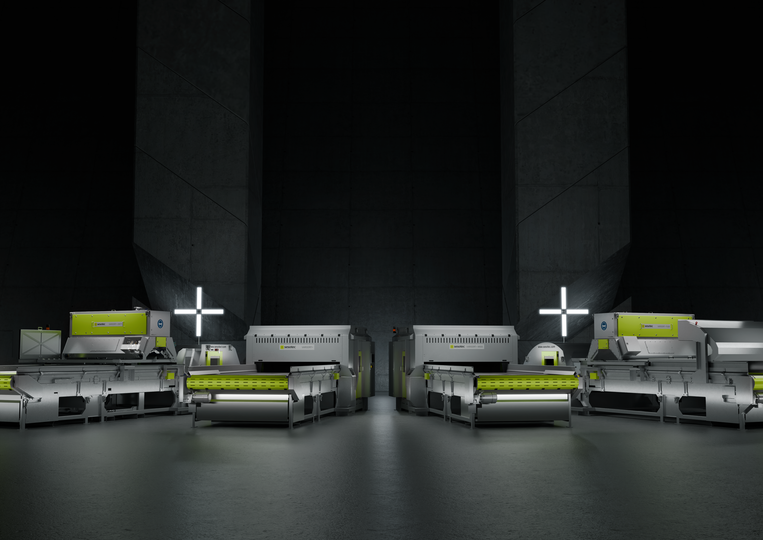


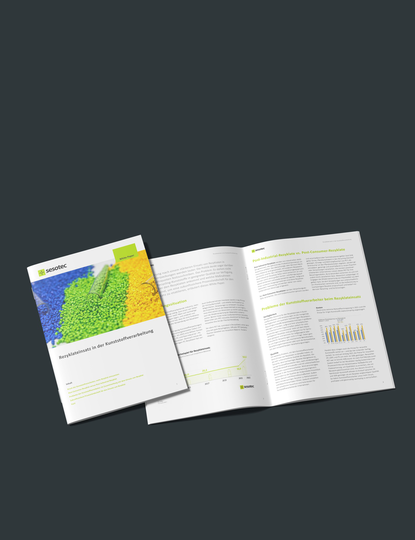
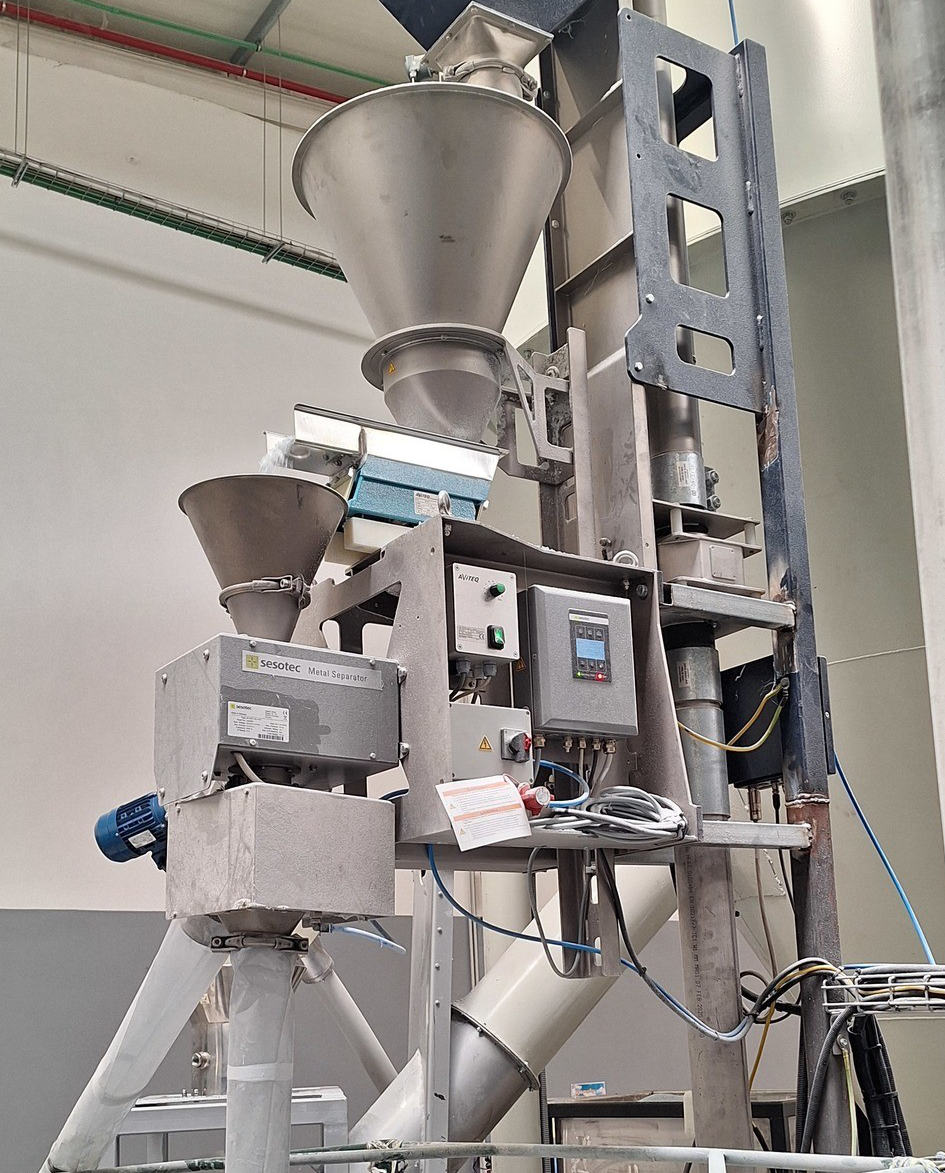.jpg)
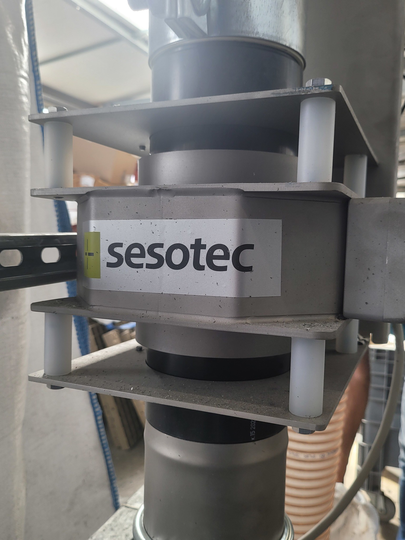.jpg)
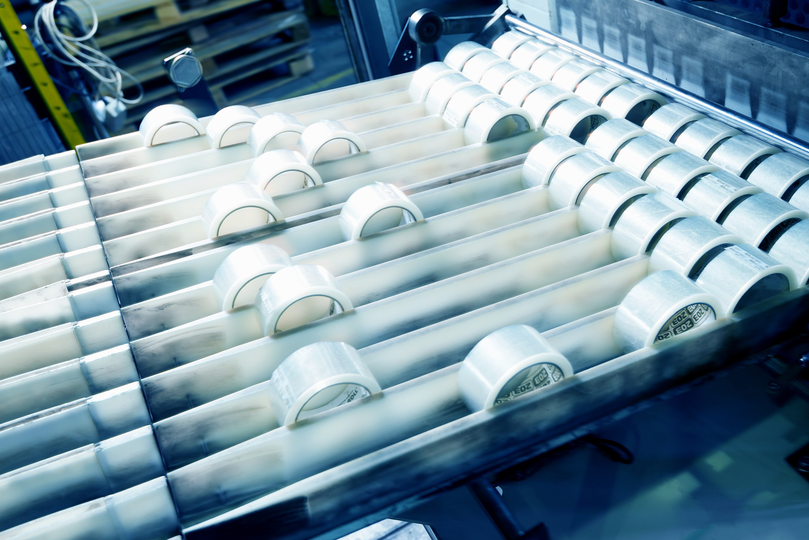
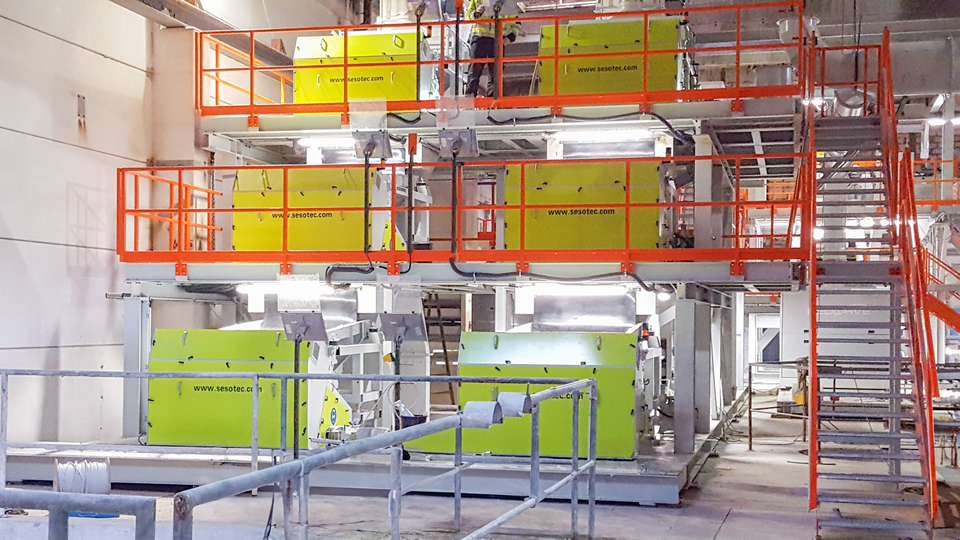
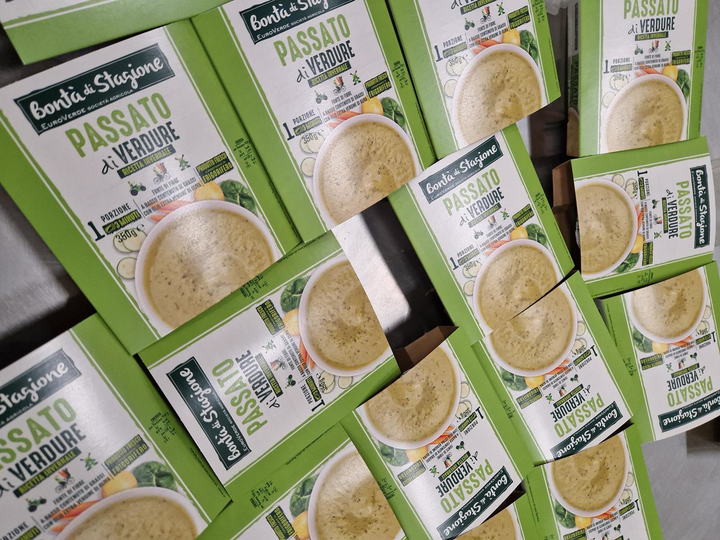
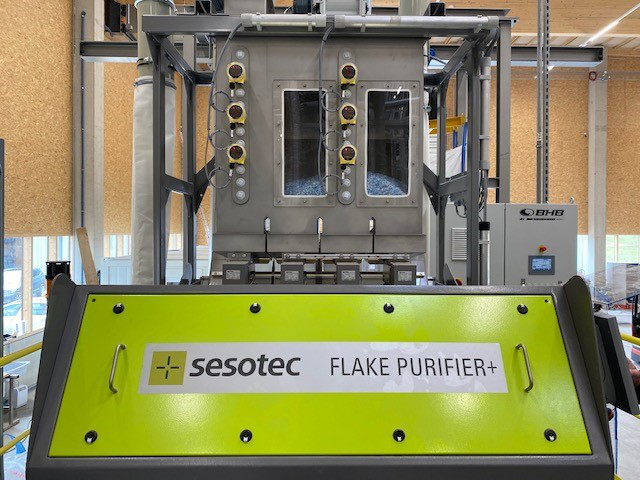
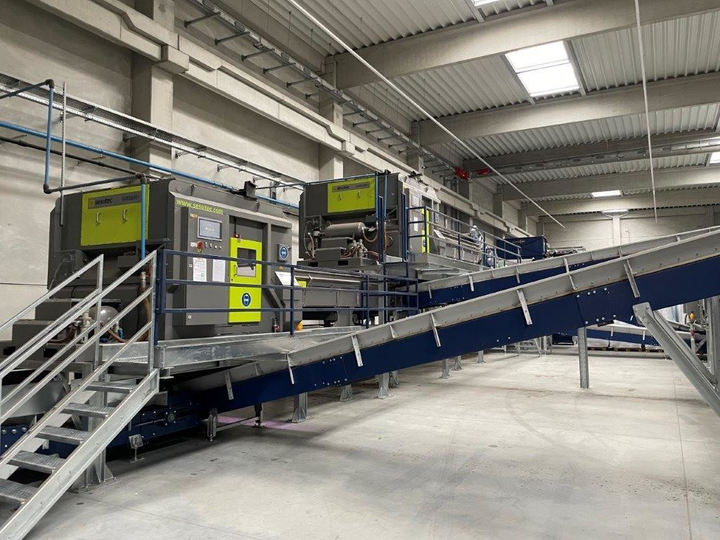.jpg)
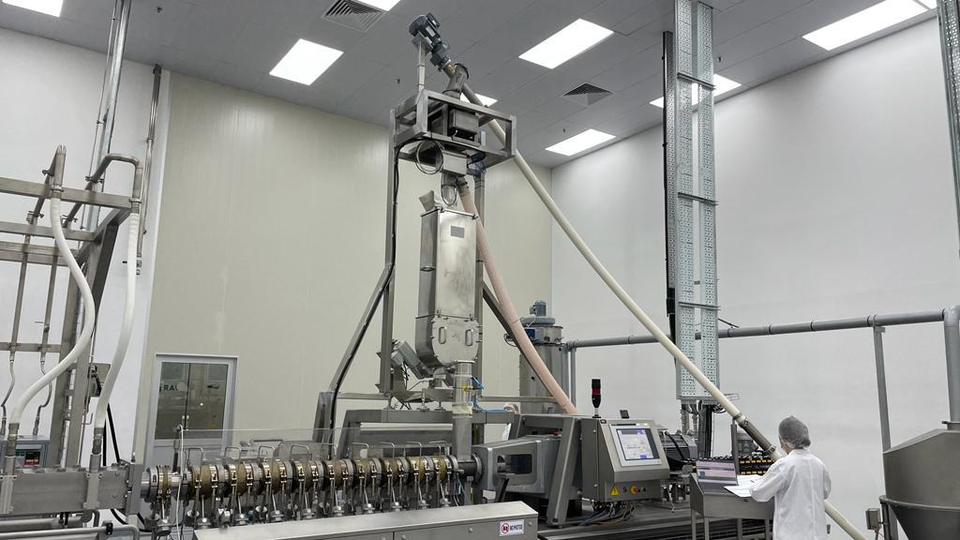.jpg)
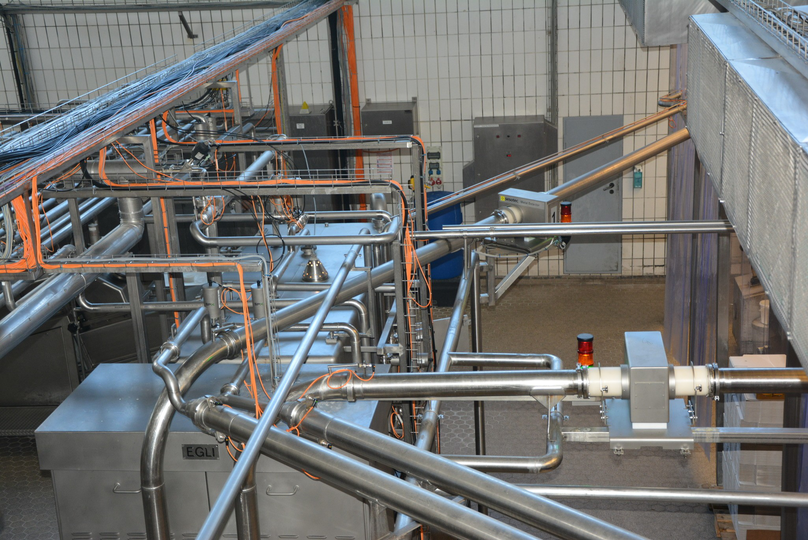
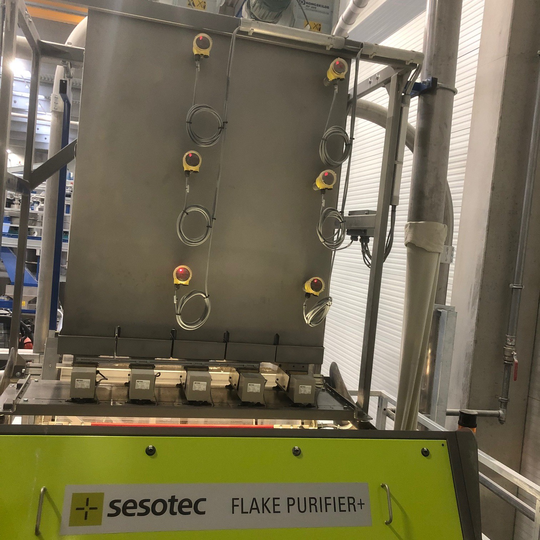
.JPG)
.JPG)
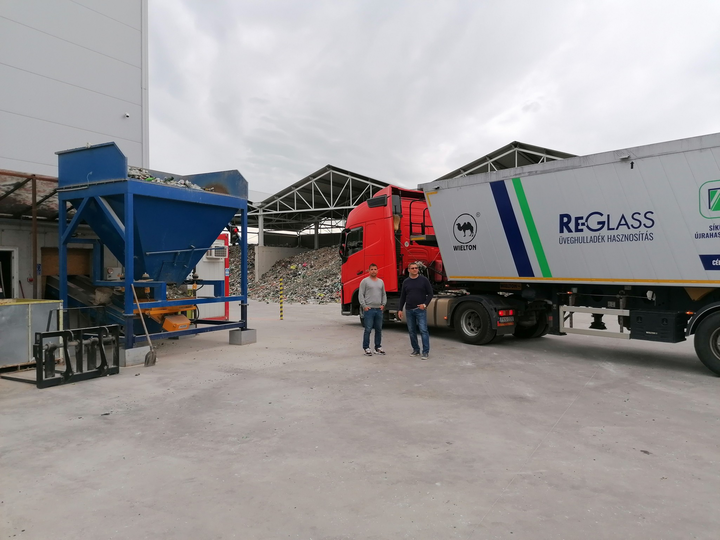
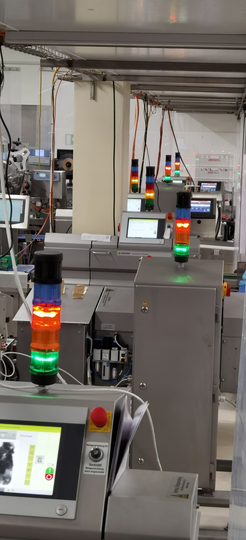.jpg)
.jpg)
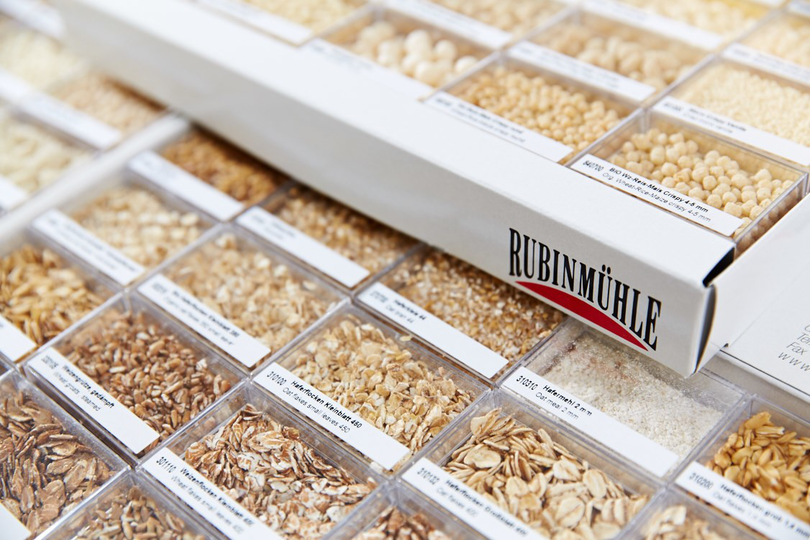.jpg)
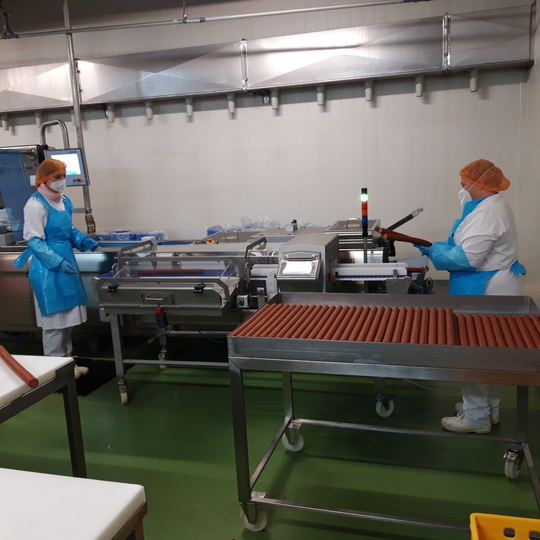.jpg)
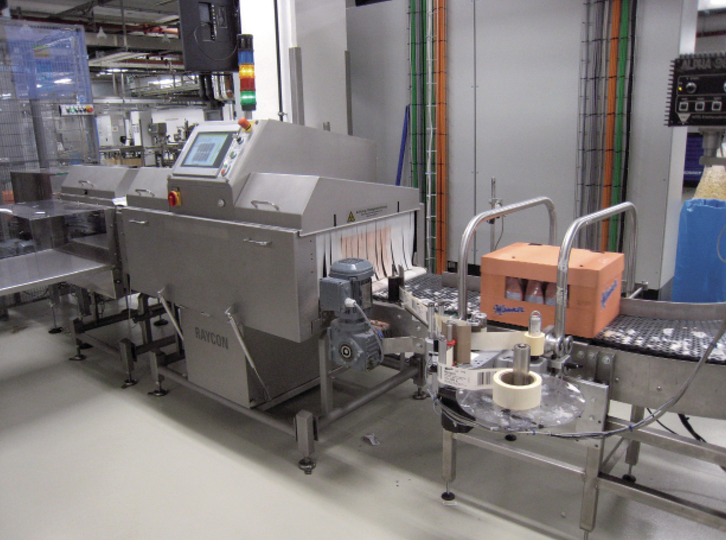
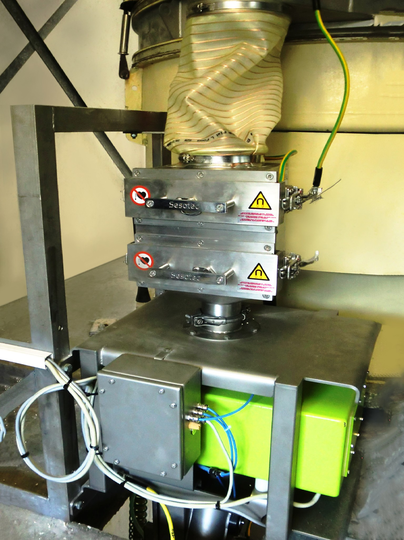.jpg)

.jpg)
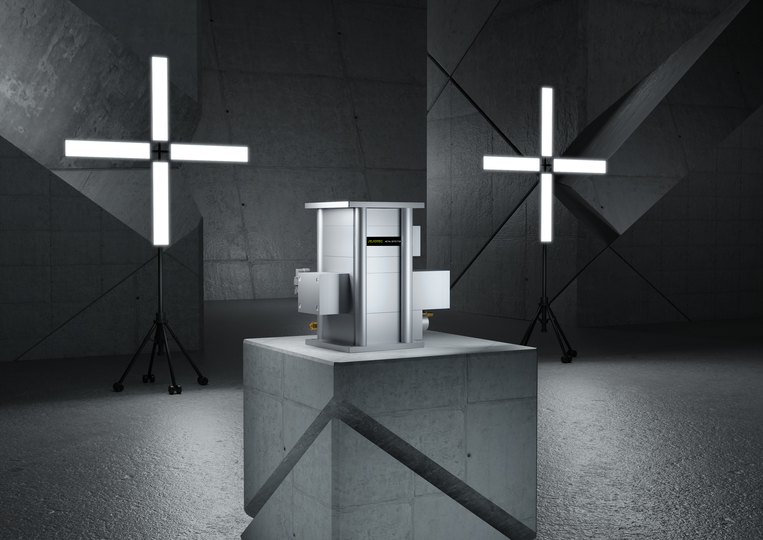
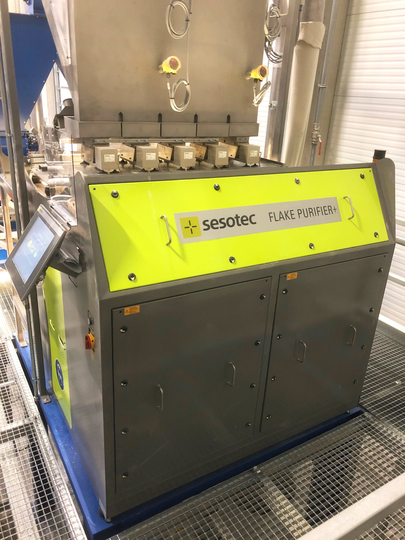

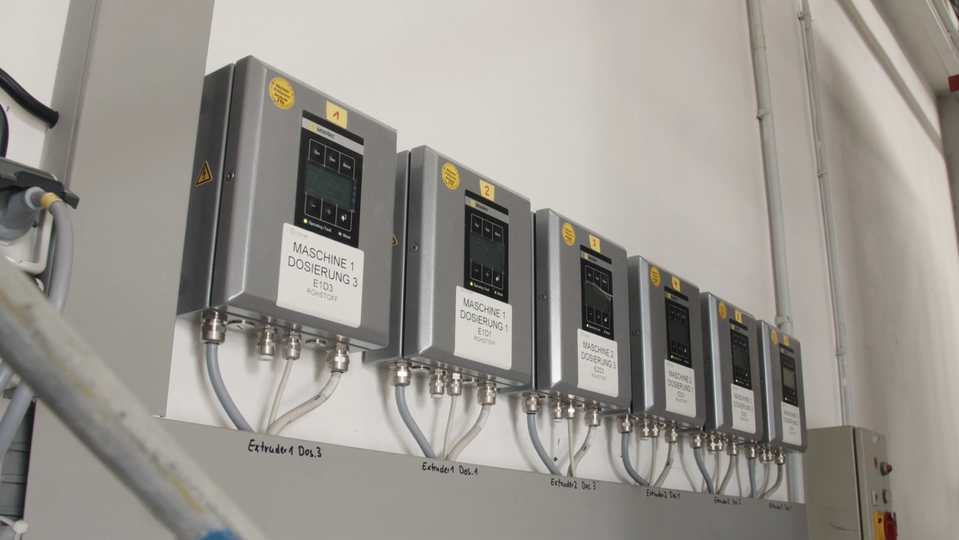.jpg)
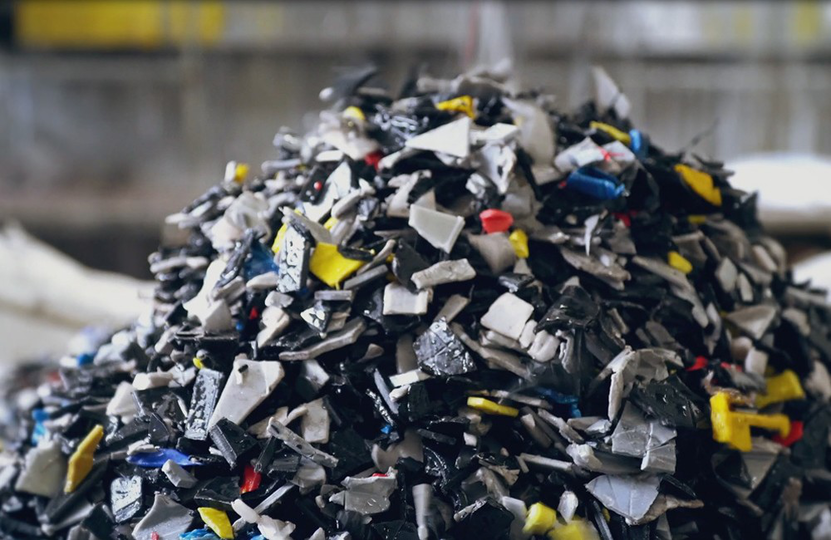
.JPG)
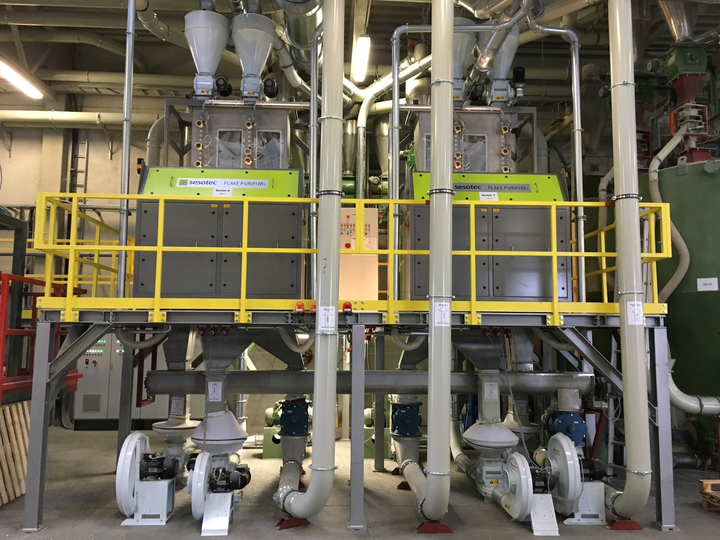.jpg)
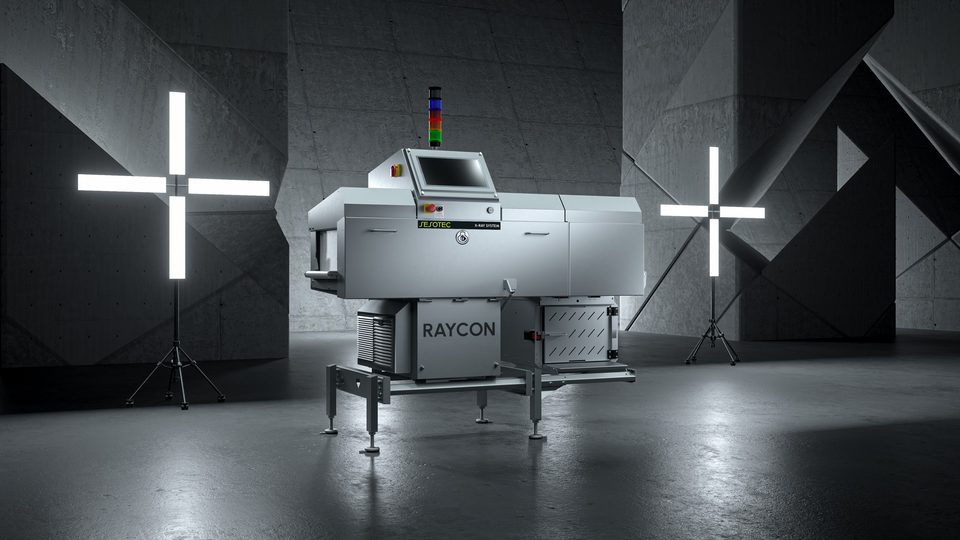

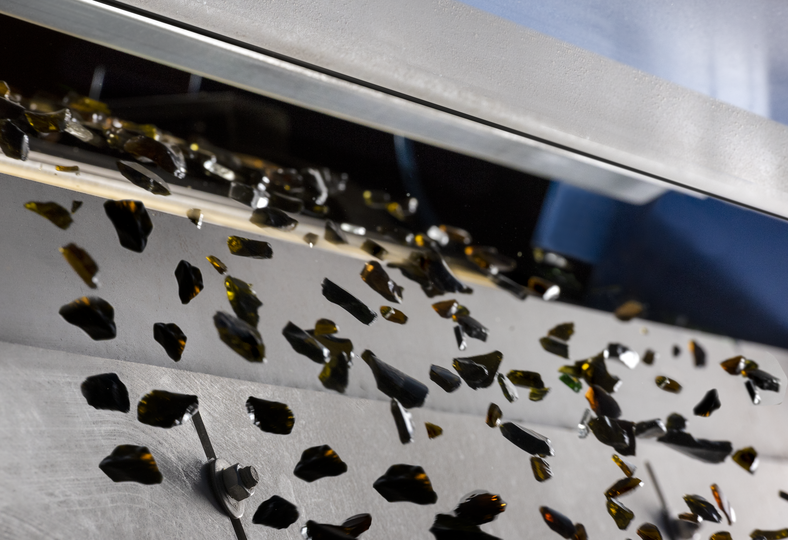
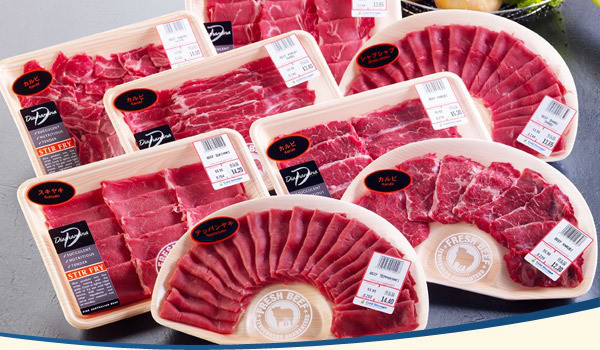.jpg)
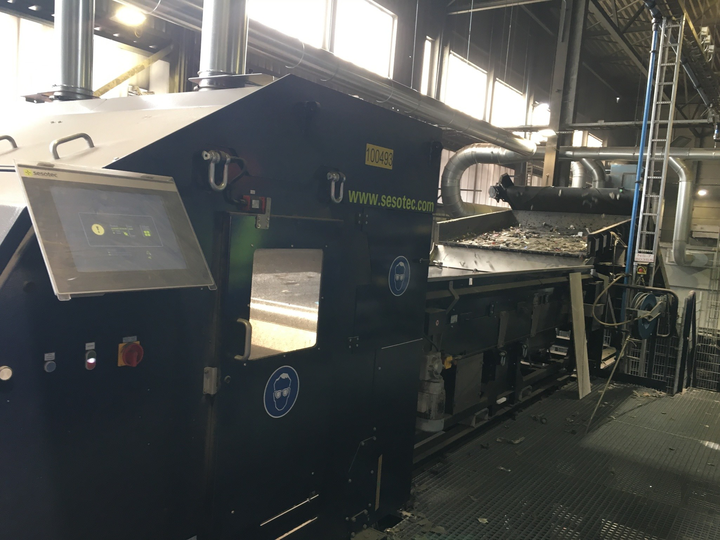
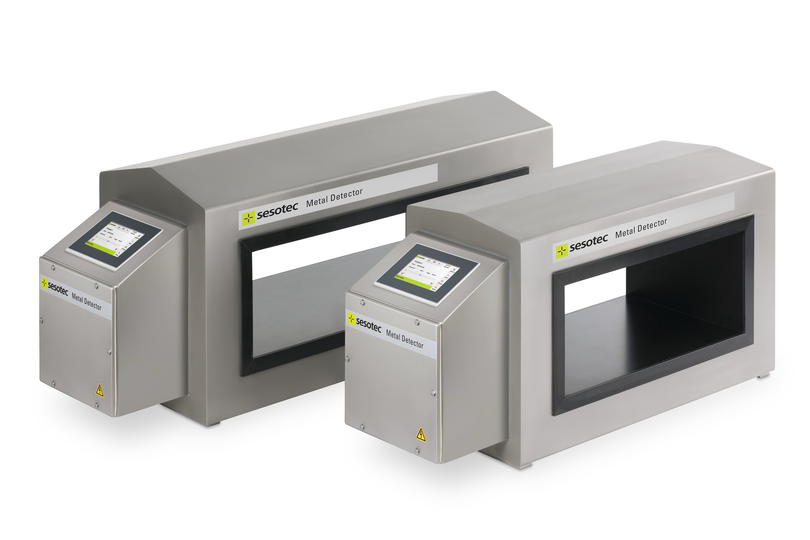
.JPG)
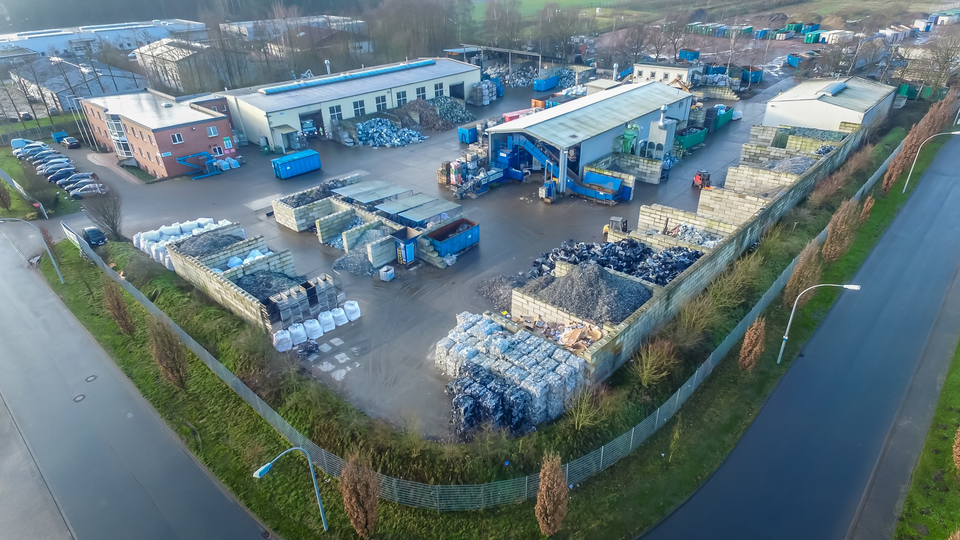.jpg)
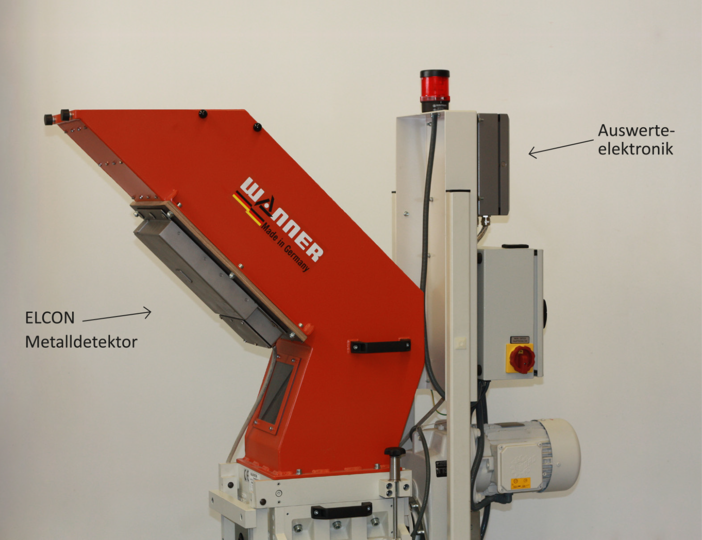

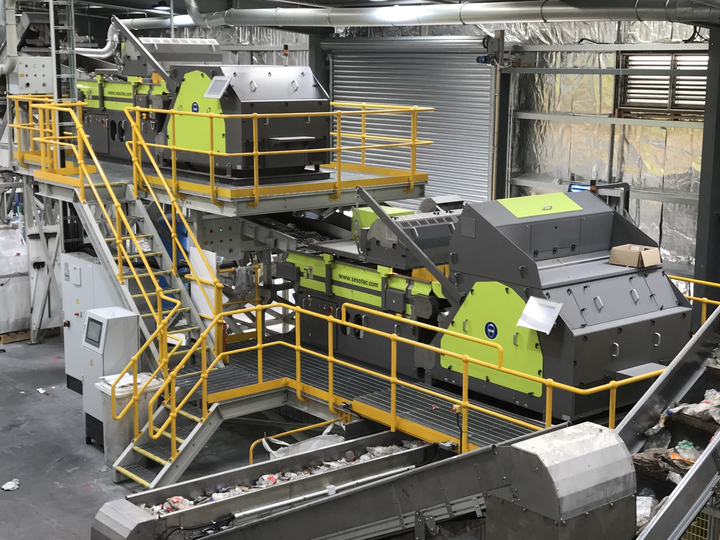.jpg)
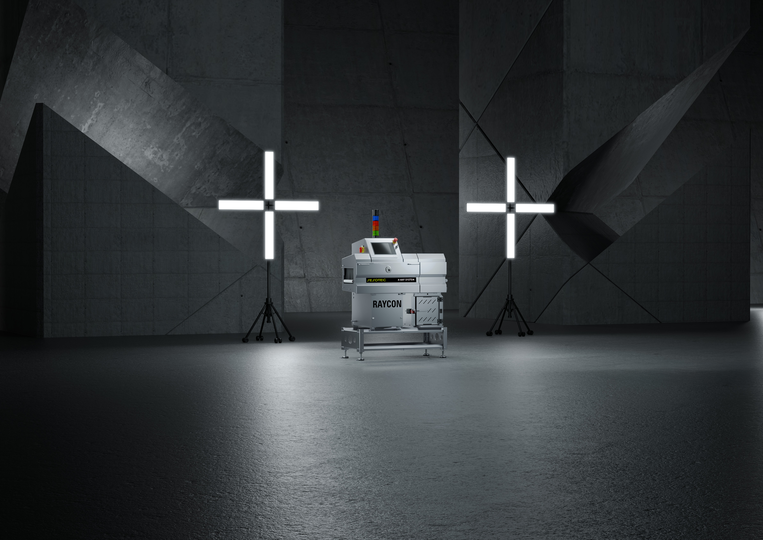
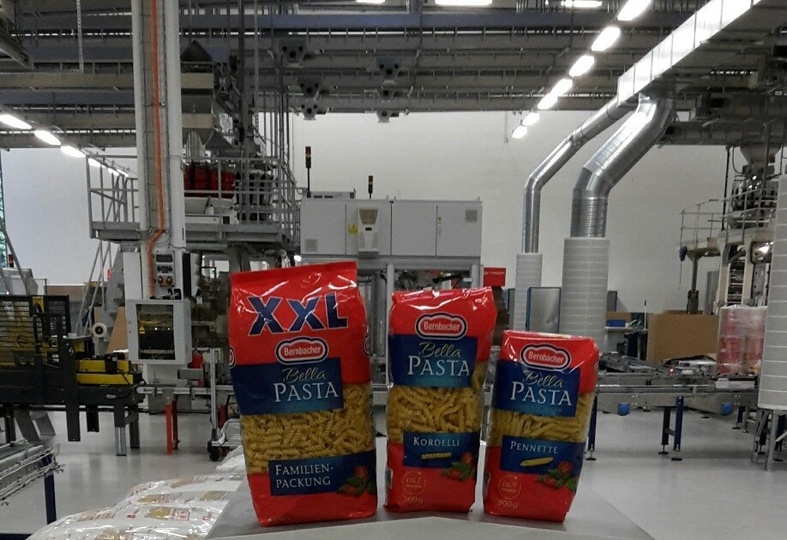.jpg)
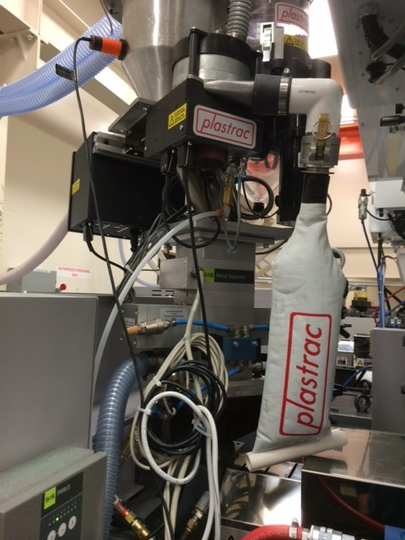.jpg)
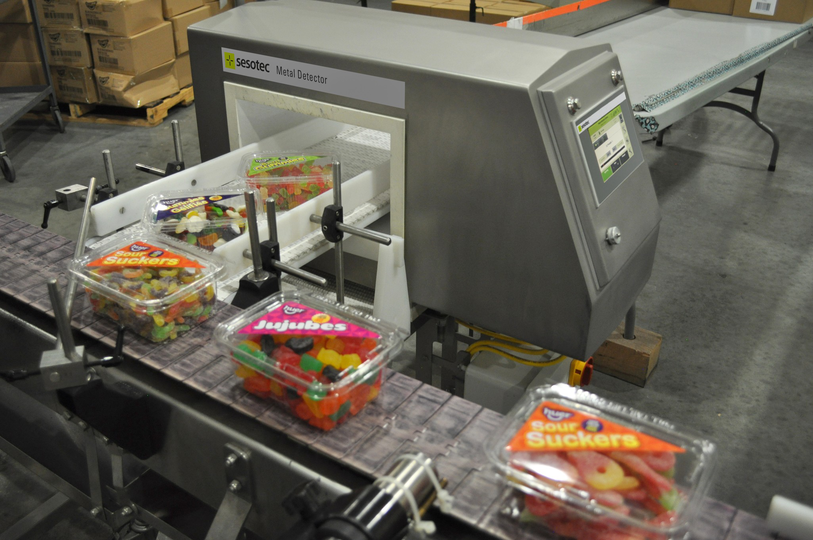
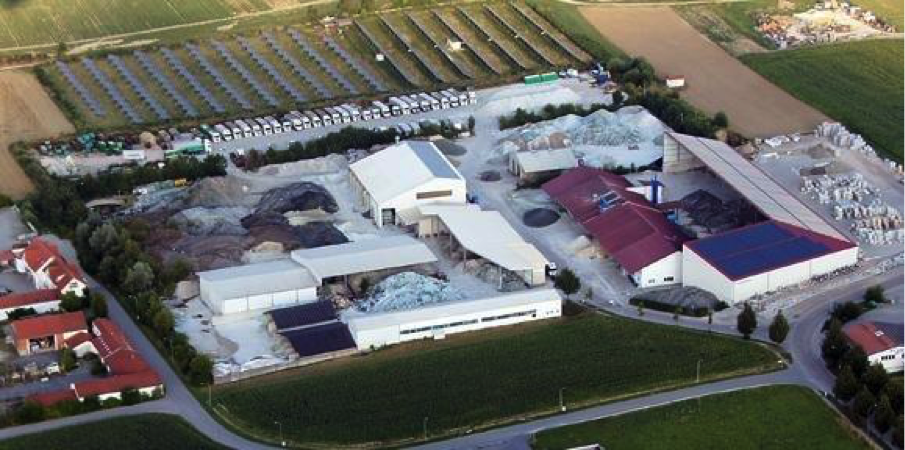.png)
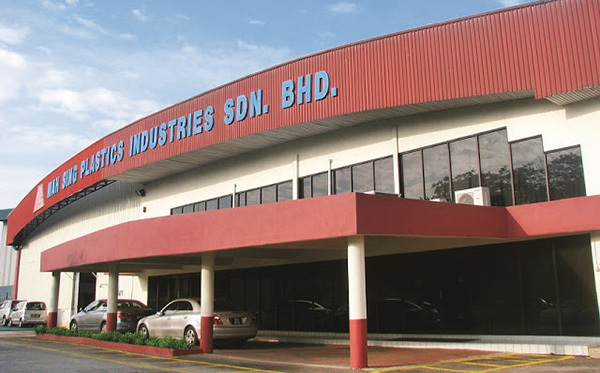
.JPG)
.jpeg)
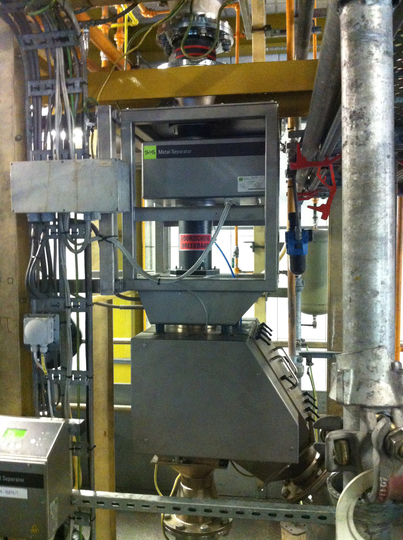.jpg)
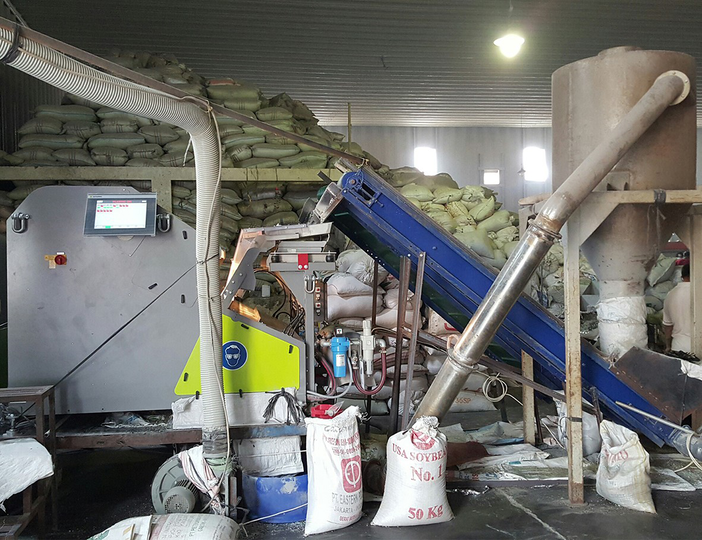.jpg)
.jpg)
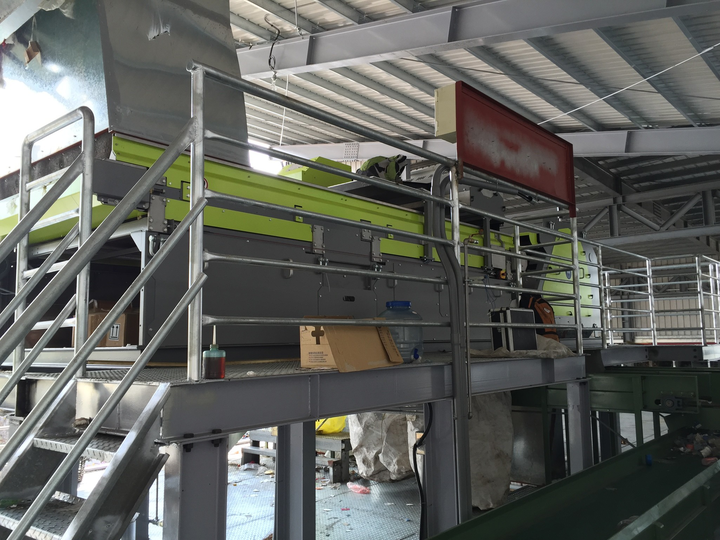.jpg)
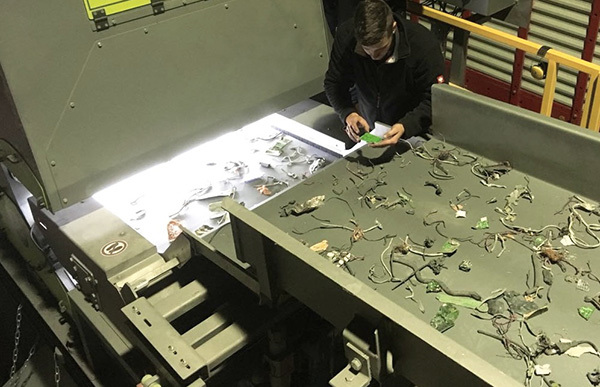.jpg)

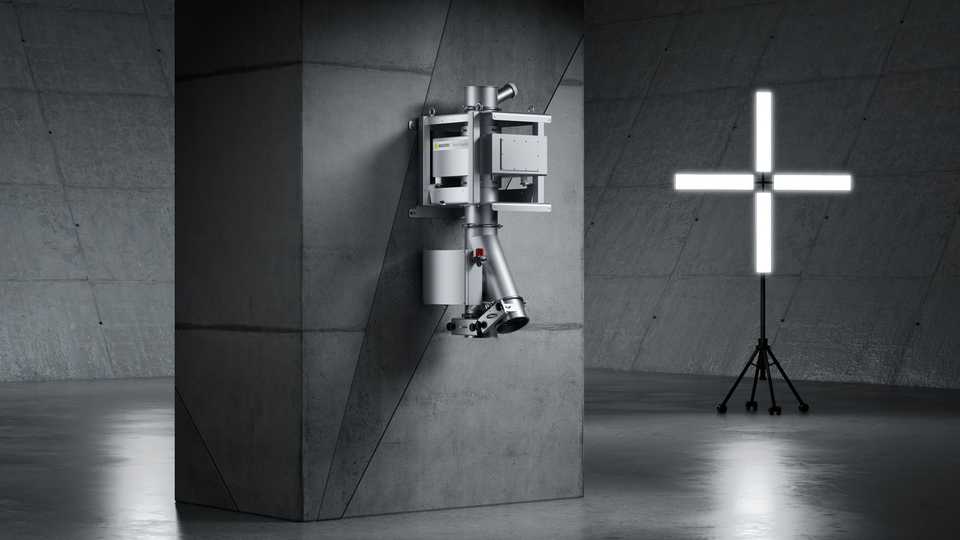
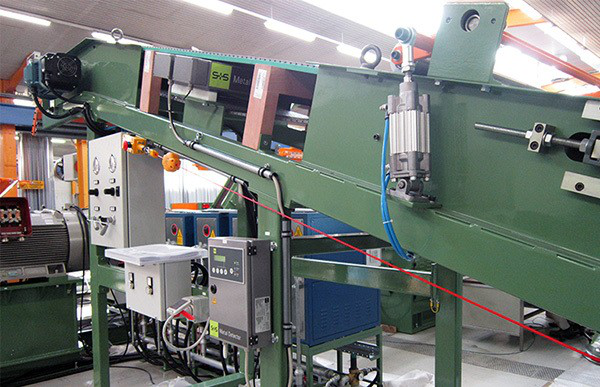
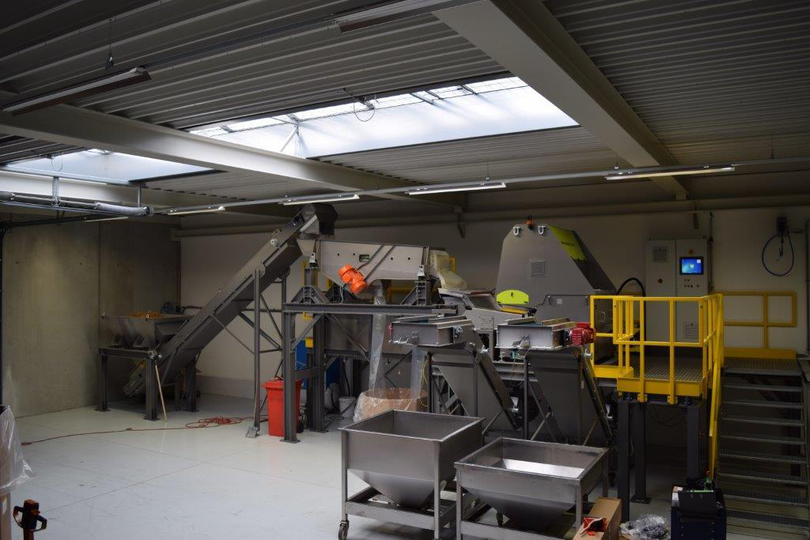
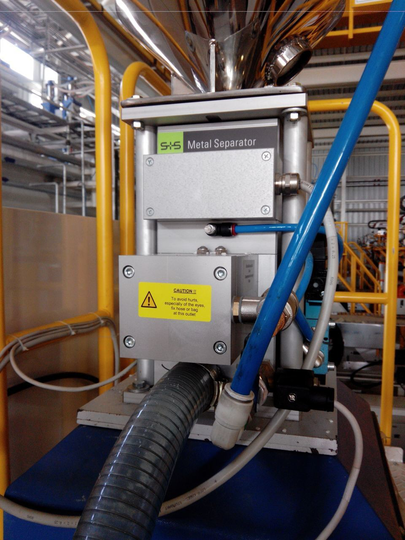.jpg)
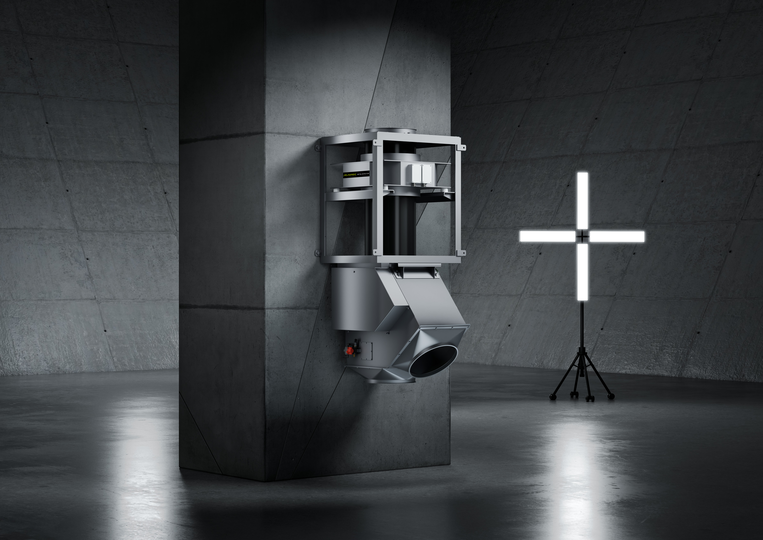
.JPG)
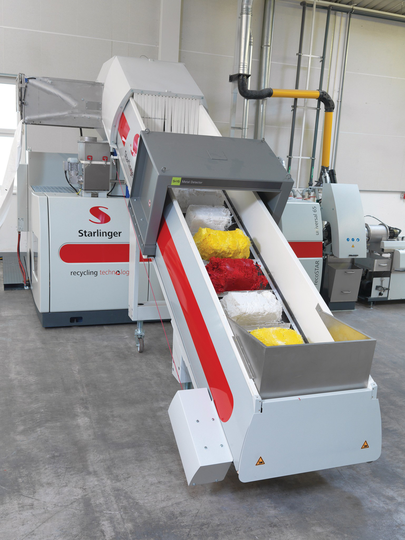
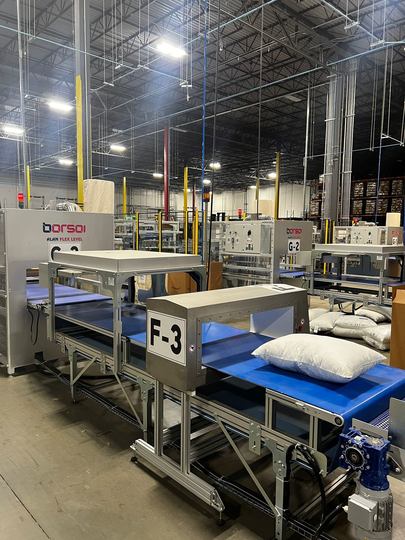.jpg)
